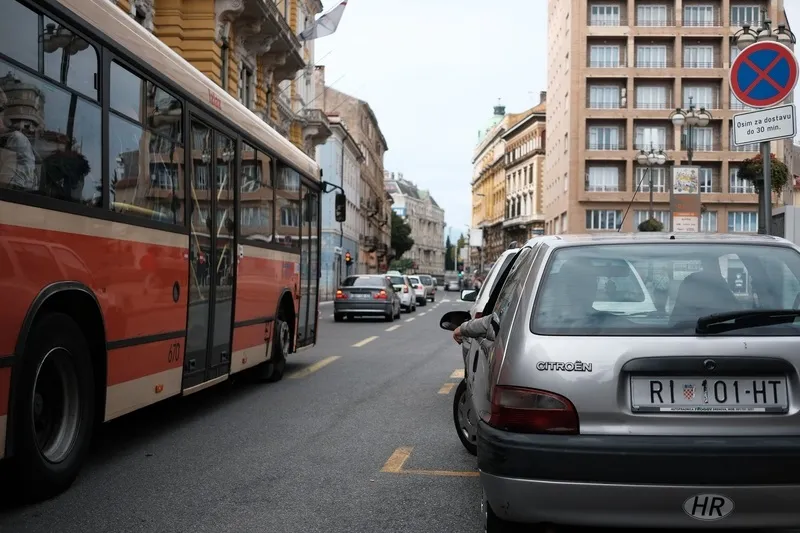
This means that private car use could rise, leaving public transportation agencies again fighting against falling ridership – and increasing the risk that pollution and congestion remain a major problem, particularly in cities.
Hosting Intertraffic’s first webinar in a new series this week, Carlo van de Weijer, mobility expert and general manager of the Eindhoven AI Systems Institute at Eindhoven University of Technology, feared there could be “a definite shift from public transport to private cars because it's a less contaminated and a more safe space for people”.
He acknowledged that this was not the most positive message but insisted: “It's a fair question that we're going to face so we need to find an answer.”
Aurélien Cottet, MaaS initiatives coordinator at Transdev, agreed: “I'm pretty sure people who could use their car, they will use it instead of taking public transportation.”
The only way to solve this problem, he continued, is to decontaminate buses and carriages thoroughly and inform the travelling public that this is happening “so we'll have a lot of marketing and information”.
Talking about the current lack of pollution in central Paris, he said the air had not been so clear “for years, so it would be bad to lose this opportunity”.










